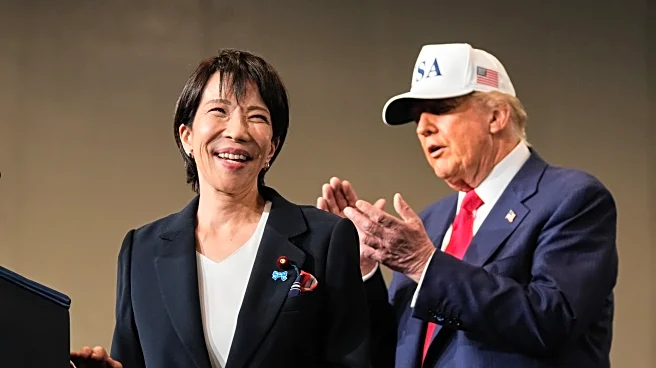Rapid Read • 7 min read
Over the past decade, several Latin American countries, including Argentina, Colombia, Mexico, and Peru, have implemented legal reforms that raise ballot access requirements. These reforms emerged following legitimacy crises that led to political system openings. Once these crises were resolved, a consensus formed around the negative consequences of previous reforms, culminating in more restrictive ballot access laws. This trend marks a reversal from the more liberal reforms of the 1980s and 1990s, reflecting a shift in the political landscape of the region.
AD
The increase in ballot access requirements in Latin America highlights a regional trend towards tightening electoral processes. This shift may impact political participation and representation, potentially limiting the ability of new or smaller parties to compete effectively. The reforms could lead to a more stable political environment but may also reduce political diversity and innovation. Observing these changes provides insights into how political systems evolve in response to legitimacy challenges and the balance between stability and inclusivity.
As these reforms continue to unfold, political analysts and stakeholders will likely monitor their impact on electoral competition and governance. The trend may prompt discussions about the balance between ensuring political stability and fostering democratic participation. Future reforms could aim to address any unintended consequences, such as reduced political diversity or barriers to entry for new political movements.
The reforms in Latin America may reflect broader global trends in electoral regulation, where countries seek to balance openness with control. These changes could influence international electoral standards and practices, prompting debates about the role of ballot access in democratic governance. The cultural and political implications of these reforms may also affect how citizens engage with their political systems and perceive their ability to influence change.
AD
More Stories You Might Enjoy













